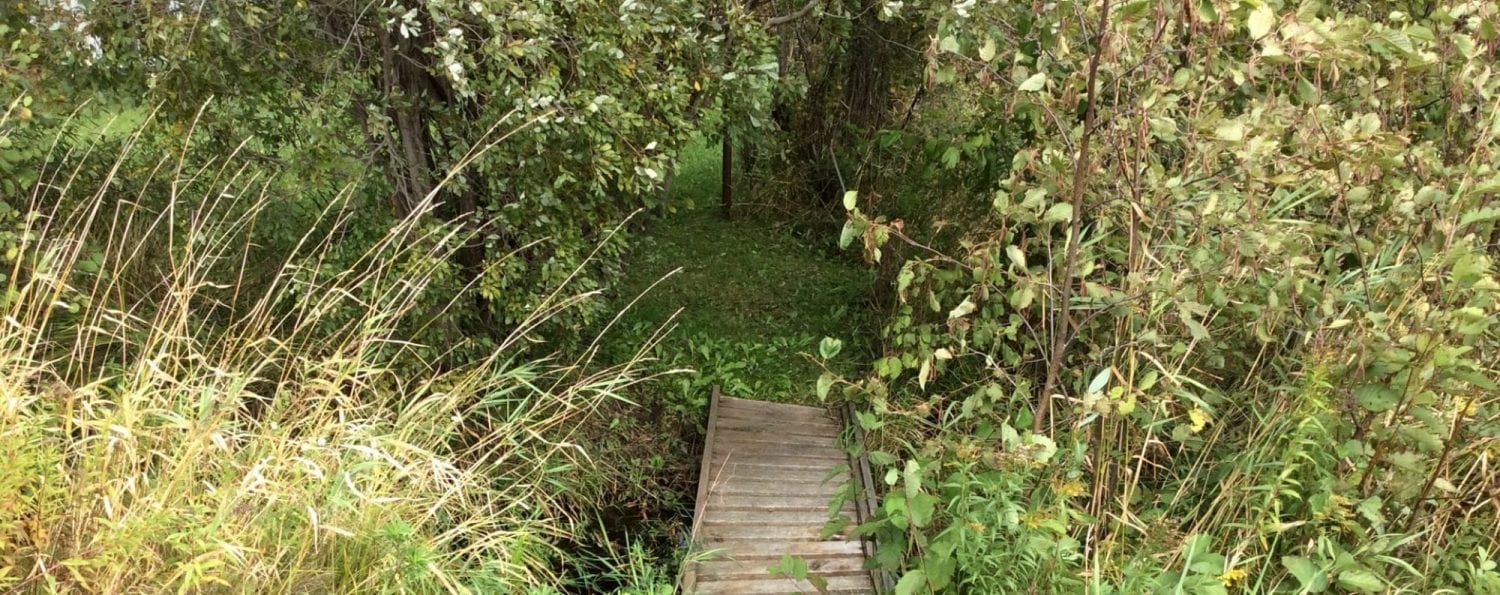My Grandma used to have a sign like this (it feels like it was exactly like this!) handing on the wall in her office at work:

She worked as the County Clerk for a long time, and I don’t really know what that means other than to say it was an elected position, and people spent a lot of time coming in mad about things, but leaving satisfied with her help. She ran unopposed for the last 10 terms of her career. I mostly remember the above sign because I couldn’t believe my grandma had a swear word on her wall IN A PUBLIC PLACE! I thought about it again this week when I was using some of my self-reg skills in the classroom.
I’ve been thinking about it specifically because for a long time, this was me. On the outside, things mostly looked OK. There were certainly a few times when a good friend would look at me when I sat down for lunch and say, “You look terrible. What’s up?’ (Good friends do that for us!!) But mostly I was carrying on. However, I was a wreck on the inside. I wasn’t sleeping. I was eating lots of junk. My house was never in order. I was putting so much energy into making everything look okay that I was exhausted beyond exhausted. A few Junes ago, in fact, I was expecting to be diagnosed with some horrible disease over the summer. That’s how terrible I felt all the time.
Thanks to what I have learned about self-reg, I figured out some ways to manage my own stress. I am now more like this duck:
It’s taken a lot of work to get to that point. Of course I’m not lying around relaxing all the time. I’m a bit stressed by report cards right now, and a bit frustrated by the mess on my desk. But over all I am managing my stress well. It’s got me thinking so much more about how to teach stress management skills to kids.
During a presentation at a recent staff meeting, we asked people to rate an activity on a scale of 1-10 with 1 meaning the activity would not relax them at all, and 10 meaning it would really help. One of the options was to participate in a sports activity. I will honestly say I would be a zero, maybe a 1, for this activity. But lots of people were an 8,9 or 10. It really got me thinking about how important it is to let kids – or maybe I mean help kids – choose activities for calming, and not try to force something on them. It’s also got me thinking about how easy it is to allow people to think everything is okay when it isn’ t. Kids can do that too.
